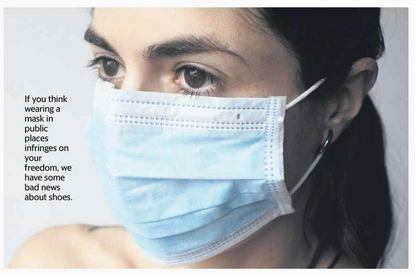Last night’s police violence summarized well here. The images should disturb anyone.
A Personal Blog
by Michael Froomkin
Laurie Silvers & Mitchell Rubenstein Distinguished Professor of Law
University of Miami School of Law
My Publications | e-mail
All opinions on this blog are those of the author(s) and not their employer(s) unelss otherwise specified.
Who Reads Discourse.net?
Readers describe themselves.
Please join in.Reader Map
Recent Comments
- Michael on Robot Law II is Now Available! (In Hardback)
- Mulalira Faisal Umar on Robot Law II is Now Available! (In Hardback)
- Michael on Vince Lago Campaign Has No Shame
- Just me on Vince Lago Campaign Has No Shame
- Jennifer Cummings on Are Coral Gables Police Cooperating with ICE?
Subscribe to Blog via Email
Join 51 other subscribers



 The ACLU’s blog post is actually not over the top here:
The ACLU’s blog post is actually not over the top here: